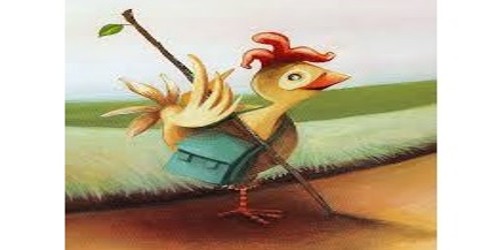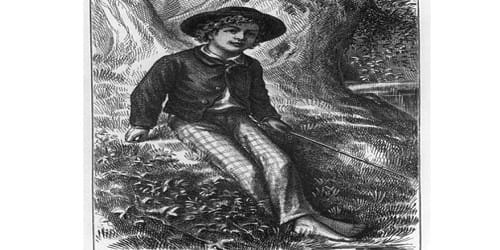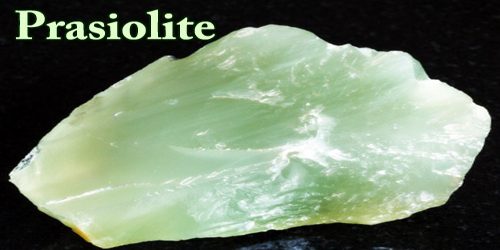Medio Pollito (A Spanish Tale)
Once upon a time, a Spanish hen hatched a clutch of eggs. Alas, the youngest chick was a strange creature, with just one leg, one wing, one eye, with half a head and half a beak. “Oh my,” said his kind mother, “he is a half-chick and will never grow to be strong. I must take special care of him.” She named him Medio Pollito, which means half-chick.
Medio Pollito’s mother loved him and tried to protect him. His brothers and sisters were obedient and good, and whenever their mother clucked, they scurried to her side. But Medio Pollito was angry and wild. He would not heed his mother’s calls and would not do as he was told.
One evening, when Medio Pollito was nearly grown, he strutted up to his mother with a little hop and a kick and cocked his half-head to one side. “Mother, I am tired of this dull barnyard and nothing but dreary fields of golden corn.” His single eye burned with passion. “I am going to Madrid. I am going to live with the king. I want to be rich and comfortable.”
“Oh, Medio Pollito,” his mother cried, “that is a long journey. Please stay home, and one day soon, I will take you to Madrid.”
But Medio Pollito never listened. “What’s the use?” he said, “I’m leaving now,” and he hopped away hoppity hop.
“Medio Pollito,” his mother called, “be sure to be kind to everyone you meet along the way.”
As always, Medio Pollito did not listen.
As he was hopping along, he passed a stream. The stream was clogged with weeds and the water could not flow. “Medio Pollito,” the stream called to the half-chick that hopped along its banks, “Help me, please. Come clear away these weeds.”
“Help you?” Medio Pollito sneered. “I have no time to waste. I’m off to live with the king.” And hoppity hop, he clomped away.
A while later, Medio Pollito came to a fire that was sputtering and smoldering.
“Medio Pollito,” the fire said, its voice wavering, “please add some sticks and leaves to me. If you don’t, I will soon die.”
“I have better things to do,” said Medio Pollito. “I’m off to live with the king.” And hoppity hop, he traveled on.
When Medio Pollito saw Madrid in the distance, he was quite excited. “The king’s palace will be a fine place for me,” he said as he hopped past a chestnut tree. The wind was trapped in the tree’s branches, blowing this way and that.
“Medio Pollito,” the wind called, “please help me get free of these branches. I need to blow, for that is what the wind must do.”
“I don’t care about your troubles,” said Medio Pollito, tossing his half-head. “I’m off to live with the king.” And hoppity hop, he went down the road.
As he entered Madrid, he saw a huge house where imposing men in uniforms stood guard outside high gates. “This must be the palace!” he said, and he hopped up to the gate to wait for the king.
When the king’s cook saw the half-chick, he quickly ran outside. “This is just what I need for the king’s broth!” he said and grabbed Medio Pollito.
“Let me go!” Medio Pollito cried, but the cook did not listen. He carried him inside, walked straight to the kitchen, and plopped Medio Pollito into a big pot of water.
Medio Pollito could feel his feathers clinging to his sides as he swirled unhappily. “Water,” he cried, “pity me. Do not make me wet.”
The water clung more closely to the drowning half-chick. “Medio Pollito,” it said, “you would not help me when I was a little stream in the field, so I will not help you now.”
The cook lifted the pot and placed it on the fire, and the fire began to heat the water. “Please, fire,” cried Medio Pollito, “do not boil this water!”
“Medio Pollito,” said the fire, “you would not help me when I was dying in the woods, and now I will not help to save you.”
Medio Pollito sweated and ached, and just when he thought he would die, the cook lifted the lid to see if his broth was ready.
“Oh my,” he said, “this chicken is burned,” and he lifted Medio Pollito from the water and tossed him out an open window. The wind caught Medio Pollito and whirled him through the air so fast, the half-chick could barely breathe. His heart pounded against his chest so hard he thought he would burst.
“Please, wind,” he cried, “set me down gently,” but the wind blew harder. “When I was stuck in the branches, you would not help me. Now I am punishing you.”
He spun Medio Pollito around and around and tossed him over roofs until, at last, the wet, burned, aching half-chick landed on top of the highest church steeple in Madrid.
From that day on, Medio Pollito turned round and round atop that church steeple. He stands there to this day, and if you go to Madrid, you will see him with his single leg and one wing and one eye and half a head and half a beak, twirling atop that steeple.
“If only I had learned to be kind,” he cries as he twirls and spins.
















